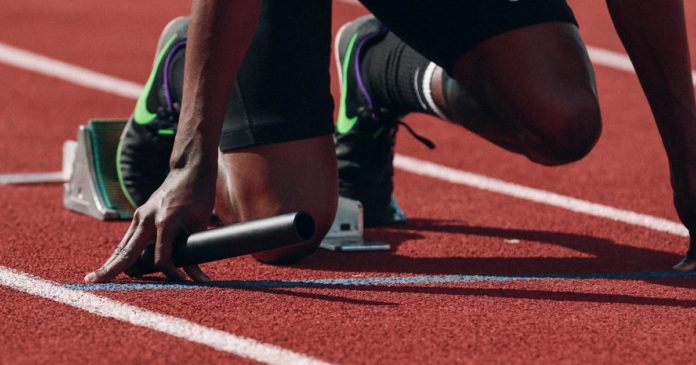The NCAA has recommended legislation should be adopted by its three divisions removing cannabinoids from the list of NCAA banned drug classes.
The National Collegiate Athletic Association is focused on the well-being and success of college athletes; both on the field and off. It consists of three divisions and the 1,100 NCAA schools across the USA and Canada award billions of dollars in athletics scholarships every year. The schools range in size from those with hundreds of students to schools with tens of thousands.
The organisation has an extensive drug-testing program to deter student-athletes from using performance-enhancing substances. Detection of any of a number of banned substances can impact the eligibility of student-athletes.
The NCAA currently bans nine drug classes – and among those are cannabinoids. That cannabinoids are considered performance-enhancing in this application has been debated. And now it seems the debate is settled for the NCAA – well, getting closer to it.
The NCAA Committee on Competitive Safeguards and Medical Aspects of Sports (CSMAS) has accepted arguments that cannabis is not a performance-enhancing drug and a harm-reduction approach is best implemented at the school level. This change in stance has largely evolved from the December 2022 Summit on Cannabinoids in College Athletics and the consensus opinion reached at the event.
NCAA says removing cannabinoids from the list of banned substances acknowledges the ineffectiveness of the organisation’s existing policy and affirms the role of its drug-testing program to target only performance-enhancing substances.
“We are recommending a big shift in the paradigm when it comes to cannabinoids,” said James Houle, CSMAS chair and lead sport psychologist at Ohio State. “We want to modernize the strategy with the most up-to-date research to give schools the best opportunity to support the health of student-athletes.”
Beyond recreational use, cannabis is being increasingly used by athletes for medicinal purposes. For example, the non-intoxicating cannabinoid cannabidiol (CBD) may provide benefits in managing inflammation and pain. Some international sports organizations have now allowed for CBD to be used.
A 2021 review published in the journal Frontiers In Physiology noted “evidence supporting the potential use of CBD as an ergogenic aid to improve the efficacy and efficiency of recovery processes during exercise and sport-related fatigue seems promising.”
However, the authors cautioned the due to the lack of studies in elite athletes, more research was needed on the effects of CBD as a physiological, physical, and cognitive recovery agent.


